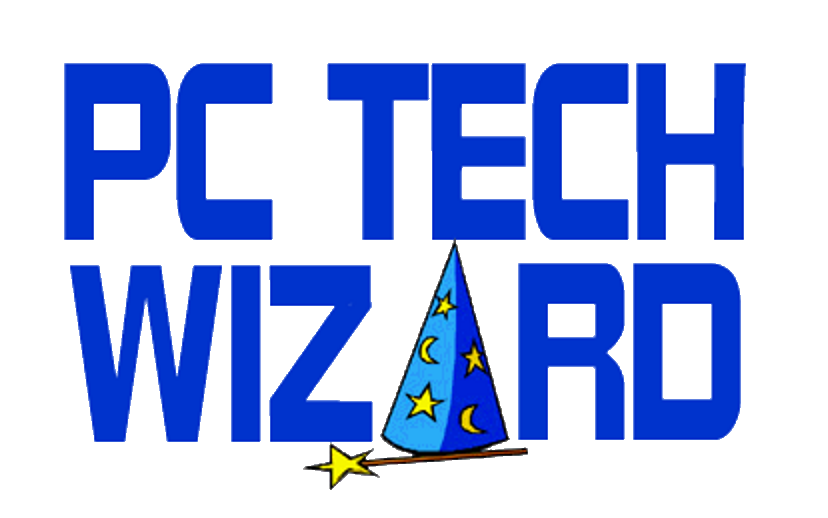Free wi-fi is becoming ubiquitous at restaurants and coffee shops (Starbucks and Panera Bread are two that come to mind). It’s convenient, but it’s not secure.
Once again, hackers have found a way to ruin the fun for the rest of us. By using nothing more than a laptop or handheld PDA with wireless capability, a malicious individual can establish a spoofed access point that looks identical to the one hosted by the store. If you innocently connect to it, the hacker can capture all of the data you send and receive from your laptop, including passwords.
Worse yet, a hacker can use a public access point to launch exploits — code that attacks known security vulnerabilities in both the wi-fi network hardware and your laptop.
Chances are that the fellow jerking lattes at Starbucks is not a network security expert. Therefore, you need to take basic steps to protect yourself and your equipment.
A pcmag.com article by Jamie Lendino lists four things you can do to protect yourself on public wireless networks, which I will summarize as follows:
1. Keep your shields up. Make sure you have security tools installed on your portable device. Antivirus software is a must, as well as a firewall. The built-in firewall provided with Windows XP is sufficient for most purposes, but if you use a wi-fi network frequently, consider a two-way firewall such as ZoneAlarm. A full suite such as Norton Internet Security will cover all the bases, but it tends to be a resource hog, especially on older laptops.
2. Stay up to date. Make sure you have installed all the latest updates for both your security software and Windows.
3. Don’t share. Make sure Windows file and print sharing are disabled when you are out in public. It’s a convenience when you’re in the office or at home, but an unnecessary exposure when you’re not.
4. Watch where you’re going. Before entering any personal info on a secure site, make sure it’s secure. Look for https:// in the address bar, as well as the padlock icon on your browser. Better yet, maybe you should think twice before conducting any major financial transactions on a public network.
I don’t want to scare you off using public wi-fi. It can come in very handy sometimes. These four tips are important for any PC use, public or private. But on a public network, they are vital.
